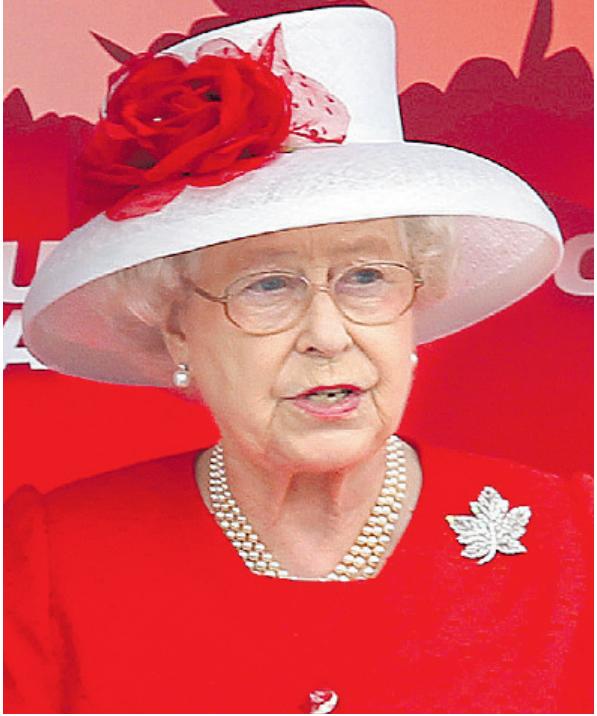The case of three permanent residents seeking the right to obtain Canadian citizenship without taking an oath to the Queen has generated much discussion – both about the oath and the monarchy. Unfortunately, some of the discussion is based on misinformation.
I am one of four counsel representing the residents. The case was argued in Ontario’s Superior Court of Justice on July 12, at the conclusion of which Justice Edward Morgan reserved his decision.
The case has generated much discussion about the oath and the monarchy. Unfortunately, some of it is based on misinformation.
The citizenship oath states: “I swear (or affirm) that I will be faithful and bear true allegiance to Her Majesty Queen Elizabeth the Second, Queen of Canada, Her Heirs and Successors, and that I will faithfully observe the laws of Canada and fulfill my duties as a Canadian citizen.”
All three applicants would gladly affirm that they will faithfully observe the laws of Canada and fulfill their duties as citizens. However, Michael McAteer and Dror Bar-Natan refuse to take the oath to the Queen because they oppose hereditary privilege. Simone Topey refuses because it violates her religious beliefs.
The applicants allege that the oath requirement contravenes several sections of the Canadian Charter of Rights and Freedoms. They argue that Ms. Topey’s freedom of religion and Mr. McAteer’s and Mr. Bar-Natan’s freedom of conscience are violated. They maintain that forcing them to take the oath violates their right to freedom of expression in two distinct ways: by compelling them to express allegiance to the Queen and by subsequently constraining their right to express opposition to the monarchy.
Section 15 of the Charter prohibits discrimination. It is submitted that the oath discriminates on the basis of national origin since those who become citizens by virtue of being born in Canada never have to take an oath to the Queen.
If the judge finds that one or more of the applicants’ Charter rights are violated, the oath might still survive. Section 1 of the Charter states: “The Canadian Charter of Rights and Freedoms guarantees the rights and freedoms set out in it subject only to such reasonable limits prescribed by law as can be demonstrably justified in a free and democratic society.”
The Supreme Court of Canada has determined that to “save” a law that contravenes a Charter right, the attorney-general must show the law has a pressing and substantial objective and that the means chosen by the law to attain that objective are reasonable and demonstrably justified.
Counsel for the attorney-general argued in court that the oath requirement did not violate any section of the Charter and also that, if it did, any violation is justified pursuant to Section 1.
It is important to understand that the Queen’s position as Canada’s head of state is not being challenged in this case. Also, contrary to some assertions, eliminating the oath’s reference to the monarchy would not require any change to Canada’s constitution. It would merely require that Parliament amend the Citizenship Act, as Jean Chrétien’s government nearly did 20 years ago.
Polls suggest that about half of Canadians support the monarchy. I hope that even most monarchists feel that new Canadians should be allowed to take an oath to Canada rather than to the Queen, and that Parliament will amend the legislation. Should this not be realized, I hope the courts find the oath to the Queen unconstitutional and require Parliament to eliminate it.
Peter Rosenthal is adjunct professor of law and professor emeritus of mathematics at the University of Toronto. He also practises law.
Our case against the Queen’s oath



























Laissez un commentaire Votre adresse courriel ne sera pas publiée.
Veuillez vous connecter afin de laisser un commentaire.
Aucun commentaire trouvé